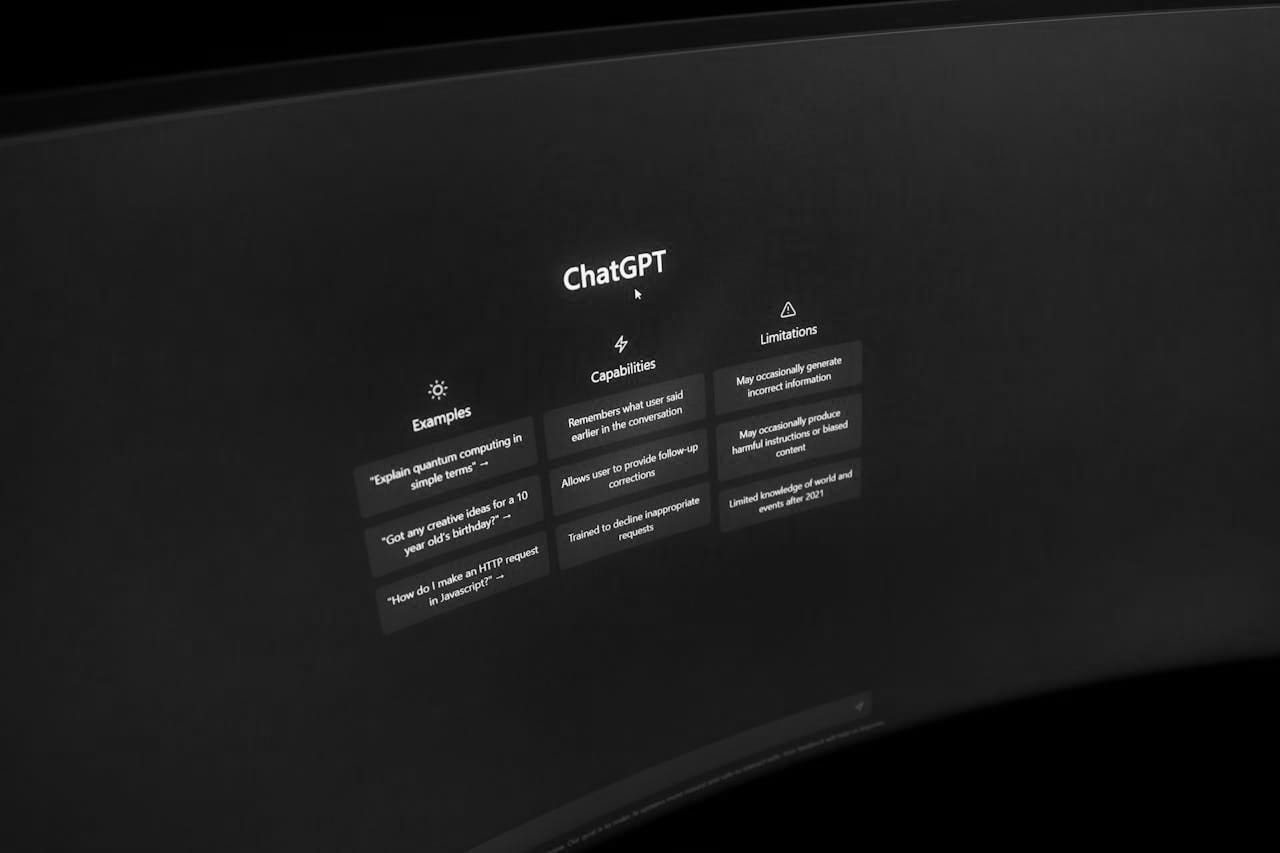When most people imagine the lives of billionaires, they picture jets, mansions, and private islands. What they don’t see is the elite, high-functioning machine quietly running behind the scenes — the family office.
These aren’t just accountants and assistants. They’re strategists, diplomats, risk managers, and legacy-builders. At the billion-dollar level, a family office isn't just about preserving wealth — it's about scaling influence, insulating against generational risk, and building something that outlives the founder.
The difference between a thriving family legacy and a headline-worthy collapse often comes down to who’s on the team — and how well they execute.
Let’s lift the curtain on the 7 roles that truly make or break a billion-dollar family office.
1. The Visionary: Chief Executive Officer (CEO)
What they do:
The CEO (or Managing Director) is the architect of the family office. They translate the family’s values and vision into operating models, manage the internal team, and ensure seamless communication with external partners.
Why they matter:
Without a competent CEO, a family office devolves into chaos. Decisions get delayed, staff act without coordination, and the family loses trust in the operation. A top-tier CEO provides both strategic clarity and day-to-day operational control.
They break the office when:
They become too controlling or too deferential — unable to balance initiative with the unique cultural dynamics of the family.
2. The Gatekeeper of Capital: Chief Investment Officer (CIO)
What they do:
The CIO oversees all investment activity: public markets, private equity, real estate, hedge funds, venture capital, and sometimes even collectibles or digital assets.
Why they matter:
This is the person responsible for preserving and growing the family fortune across economic cycles. In a world of volatility and innovation, the CIO must know when to play offense — and when to bunker down.
They break the office when:
They chase yield over discipline, get caught in style drift, or fail to communicate risk in language the family understands.
3. The Shield: Chief Financial Officer (CFO)
What they do:
The CFO handles all things financial hygiene — cash flow management, tax strategy, entity structuring, accounting, and financial reporting.
Why they matter:
Even billionaires can suffer from poor liquidity planning or regulatory missteps. The CFO ensures the right money is in the right place at the right time — legally, efficiently, and quietly.
They break the office when:
They don’t adapt structures for evolving regulations or lose sight of the family’s global financial footprint.
4. The Legal Strategist: General Counsel
What they do:
The General Counsel (or in some cases, a retained legal advisor) handles contracts, trusts, succession planning, compliance, and litigation risk. They're the firewall between the family and external threats.
Why they matter:
Every billionaire family is a lawsuit waiting to happen. A savvy legal advisor doesn’t just react — they proactively set up governance frameworks, intellectual property protection, and privacy strategies.
They break the office when:
They over-complicate, delay decisions, or fail to see the full chessboard — especially across multiple jurisdictions.
5. The Family Glue: Head of Family Governance
What they do:
This role — sometimes known as a Family Relationship Manager or Director of Governance — facilitates communication, coordinates family councils, manages conflict resolution, and upholds the family’s charter or constitution.
Why they matter:
Intra-family conflict destroys more wealth than market crashes. This role preserves unity, ensures fair decision-making, and helps prepare the next generation for leadership.
They break the office when:
They act as a referee instead of a coach — managing symptoms, not causes.
6. The Heart: Director of Philanthropy / Impact Officer
What they do:
Oversees giving strategy, foundation operations, donor-advised funds, and ESG-aligned investments. They turn wealth into purpose.
Why they matter:
At the billion-dollar level, philanthropy becomes a vehicle for legacy, influence, and connection across generations. It’s not just giving — it’s shaping the family narrative.
They break the office when:
They push personal agendas or fail to align initiatives with the family's true values.
7. The Invisible Engine: Lifestyle Manager / Family Services Director
What they do:
Handles everything the family touches personally — real estate, private aviation, education planning, medical coordination, household staffing, and 24/7 concierge support.
Why they matter:
This person’s job is to create peace of mind. Their success is measured by what doesn’t go wrong. A good lifestyle manager brings calm, trust, and ultra-high performance in the background.
They break the office when:
They overshare, under-deliver, or breach the sacred trust of discretion.
The Billion-Dollar Truth
If you’re operating or building a family office, here's the core truth:
It’s not just about who’s on your team. It’s about how well they fit together.
These roles are interconnected. The CIO can't execute without the CFO. The CEO can't lead without buy-in from the General Counsel. And no governance strategy survives without emotional intelligence at the family level.
In elite family offices, culture is the invisible 8th role — and the hardest one to hire for.
Key Takeaways
- Billion-dollar family offices require precision, discretion, and multi-disciplinary excellence.
- Each of the 7 power roles plays a unique part in protecting, growing, and aligning family wealth with values.
- Poor hires or unclear boundaries at this level can cause irreversible damage.
- When well-executed, a family office becomes more than a structure — it becomes the guardian of a legacy.
Who’s Protecting Your Legacy?
If you’re thinking about launching a family office, or already have one in place, take an honest look at your current team:
- Are your key roles filled with strategic thinkers, or just trusted friends?
- Do you have blind spots — legal, emotional, or investment-related — you’ve been avoiding?
- Is your family aligned on what legacy truly means?
Whether you’re at $250M or $2B, the stakes are the same: build the right team, or risk losing everything you've built.














Discussion